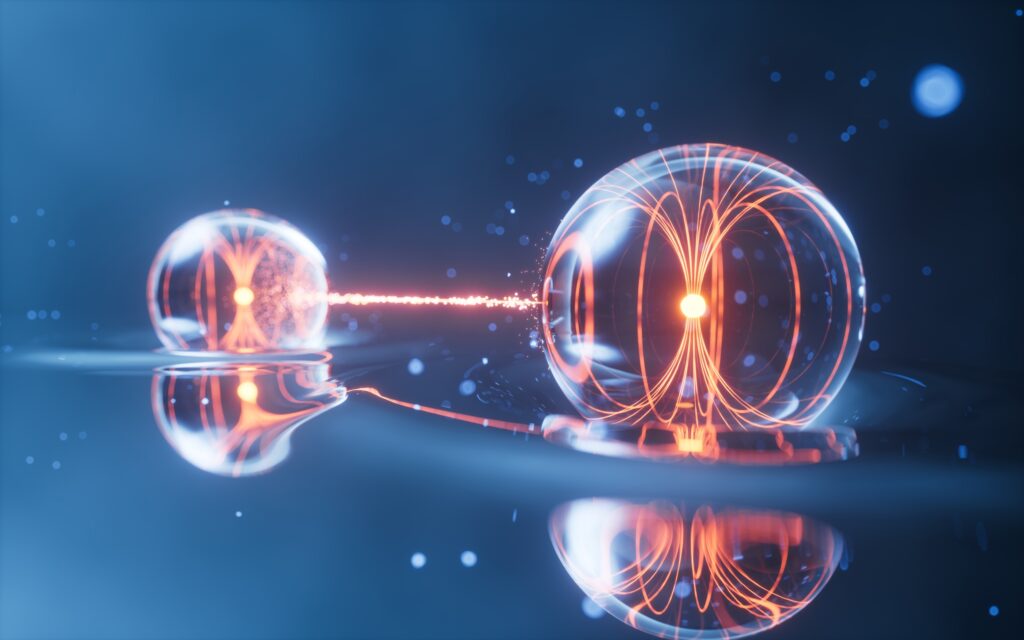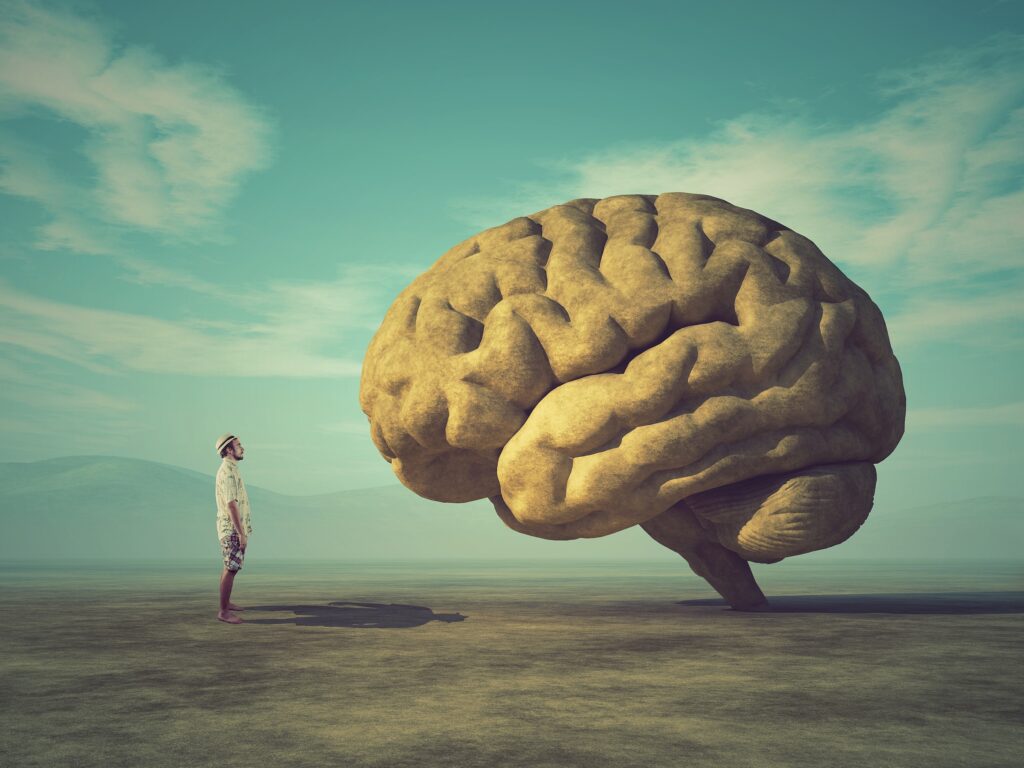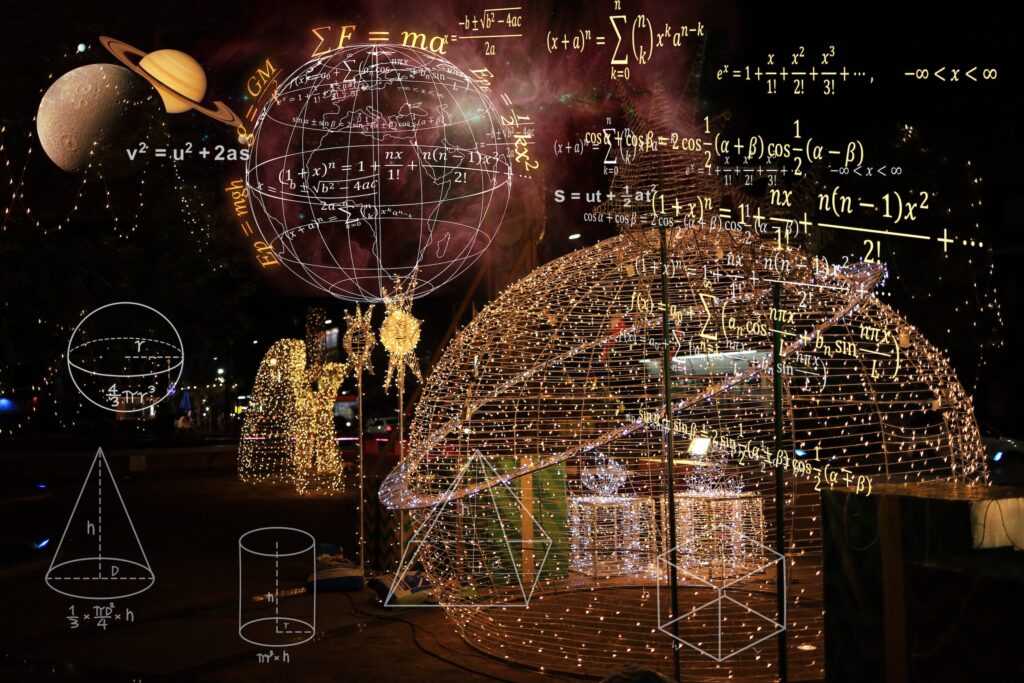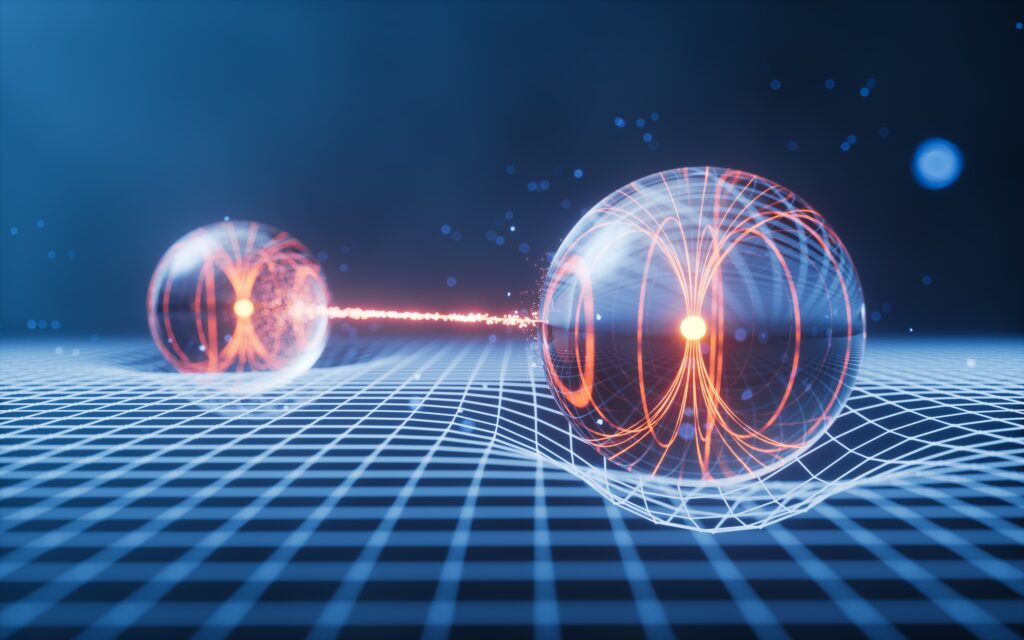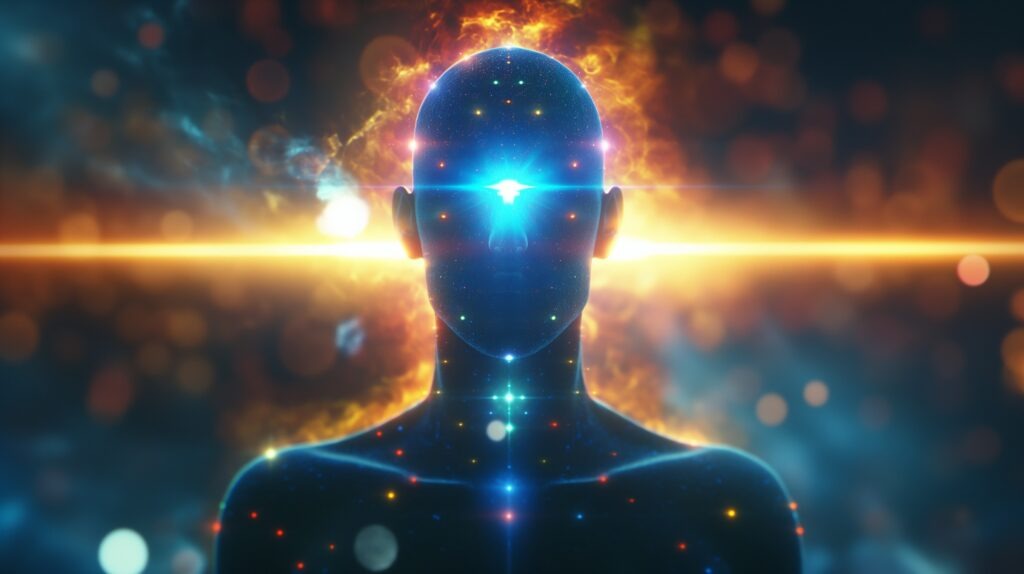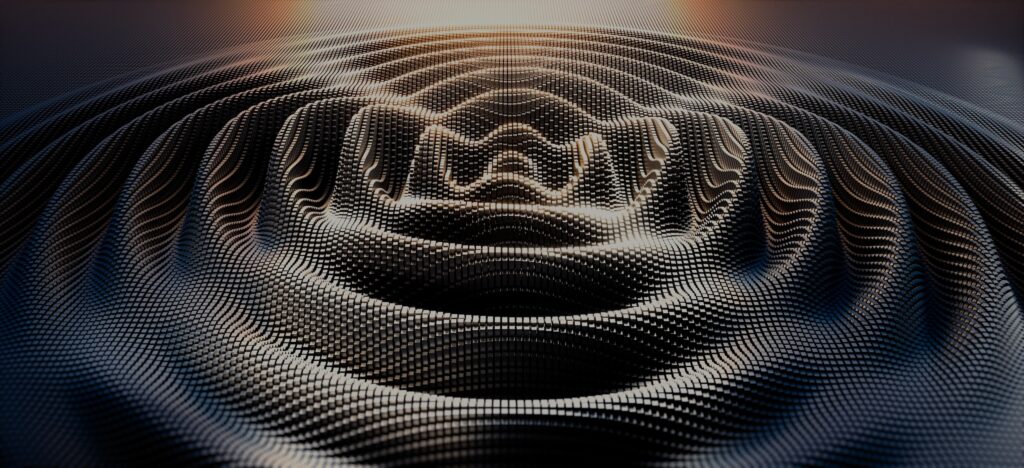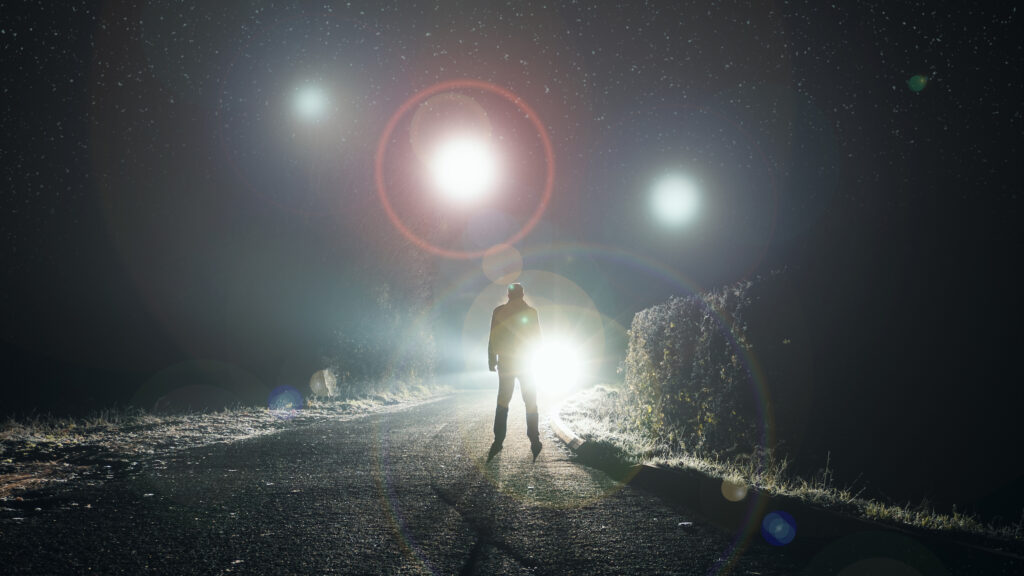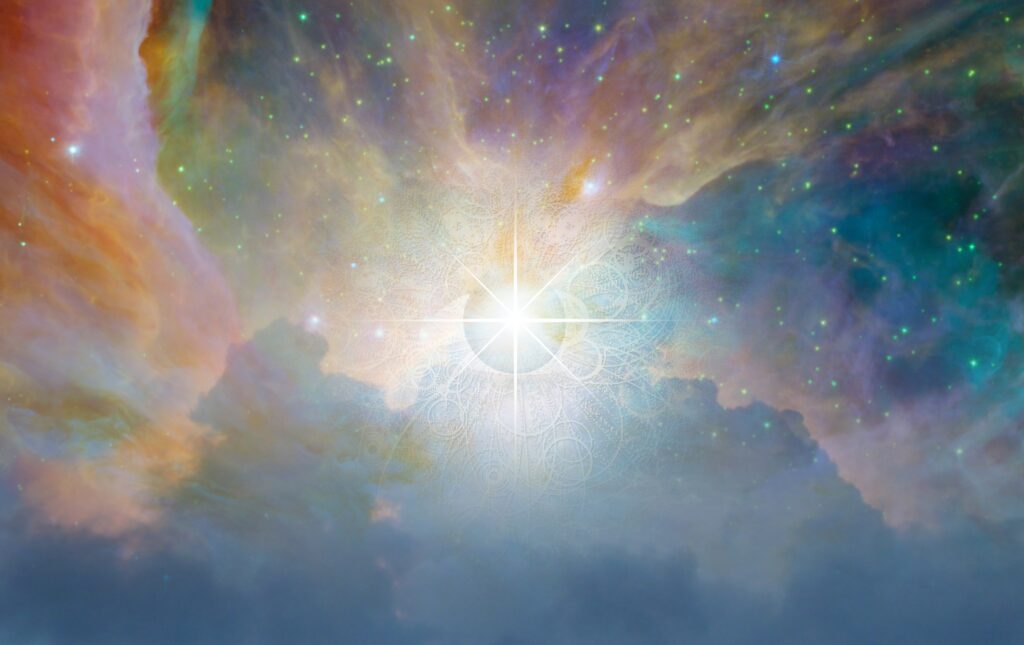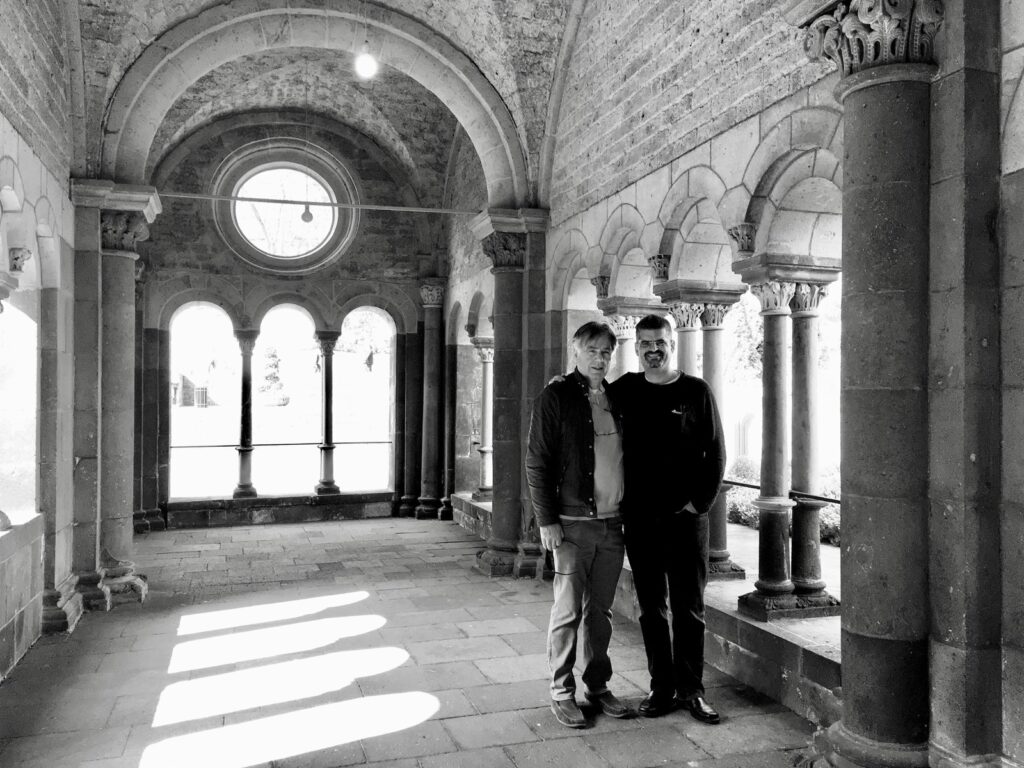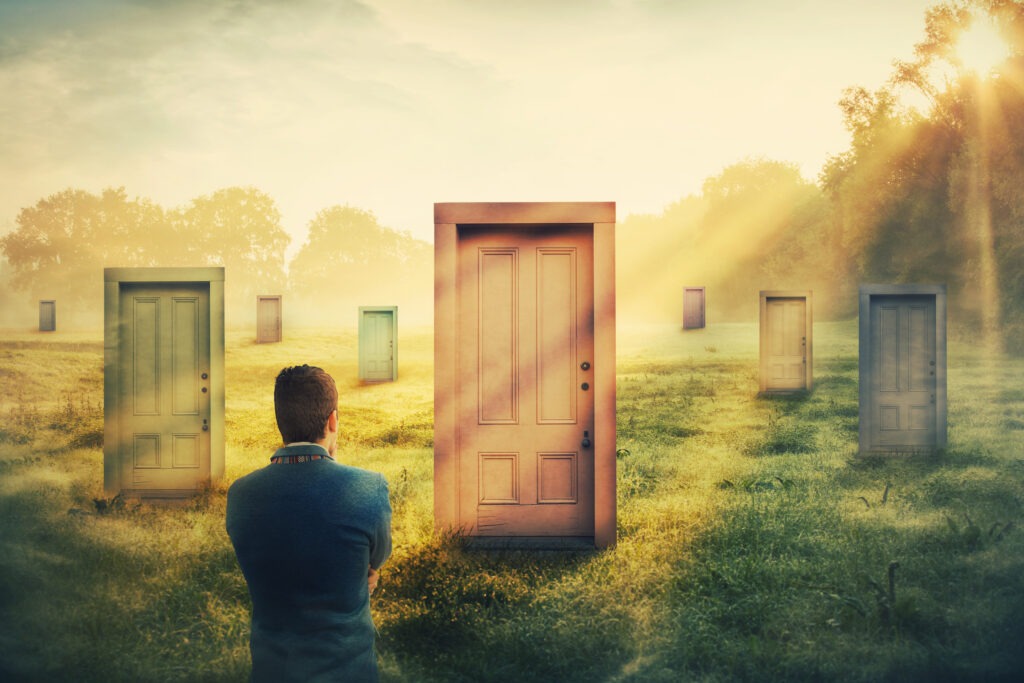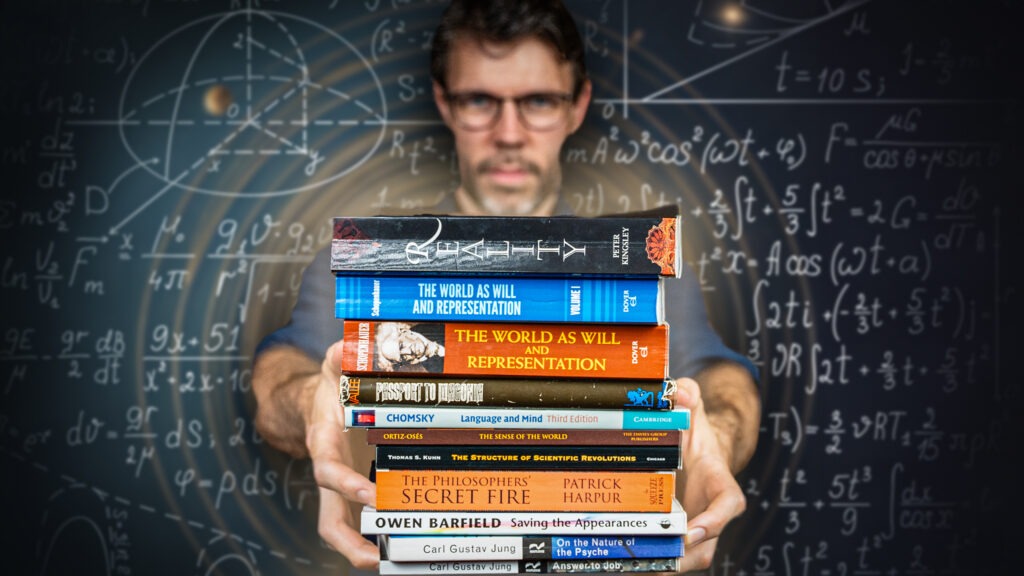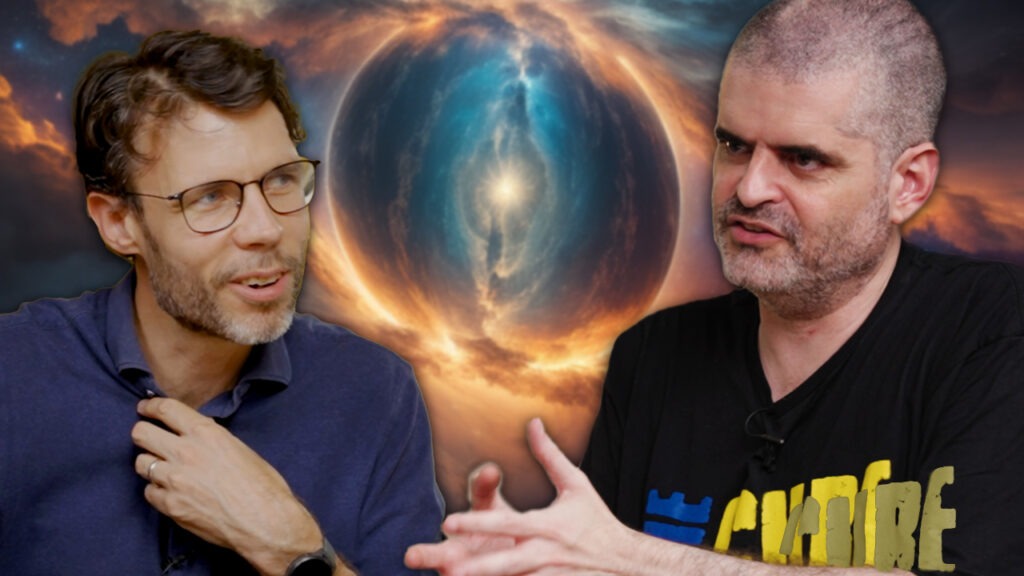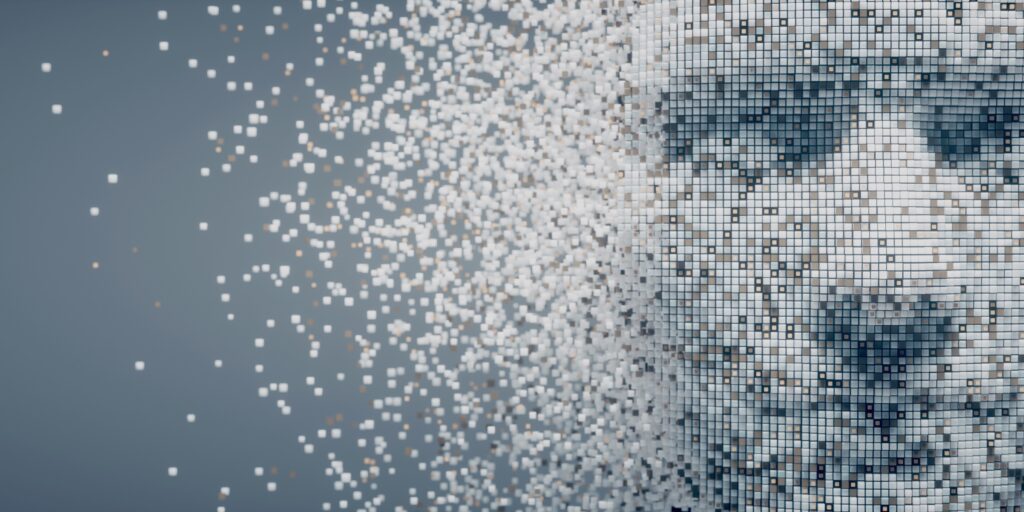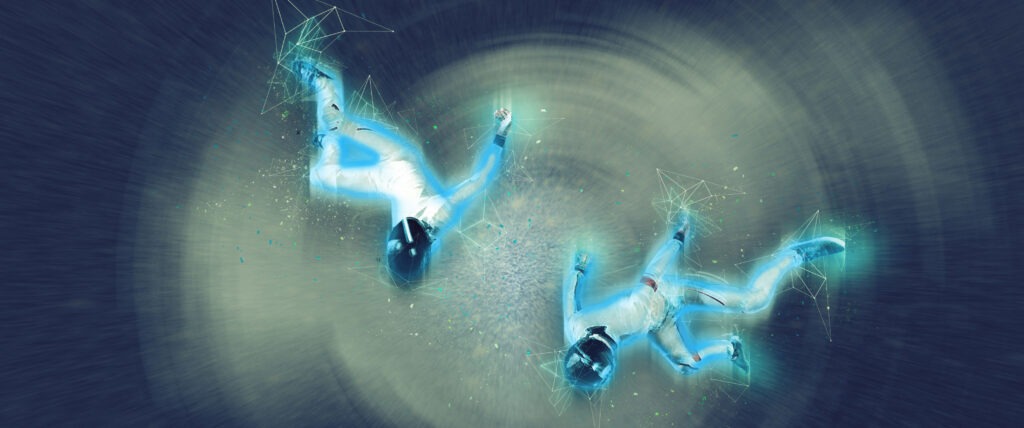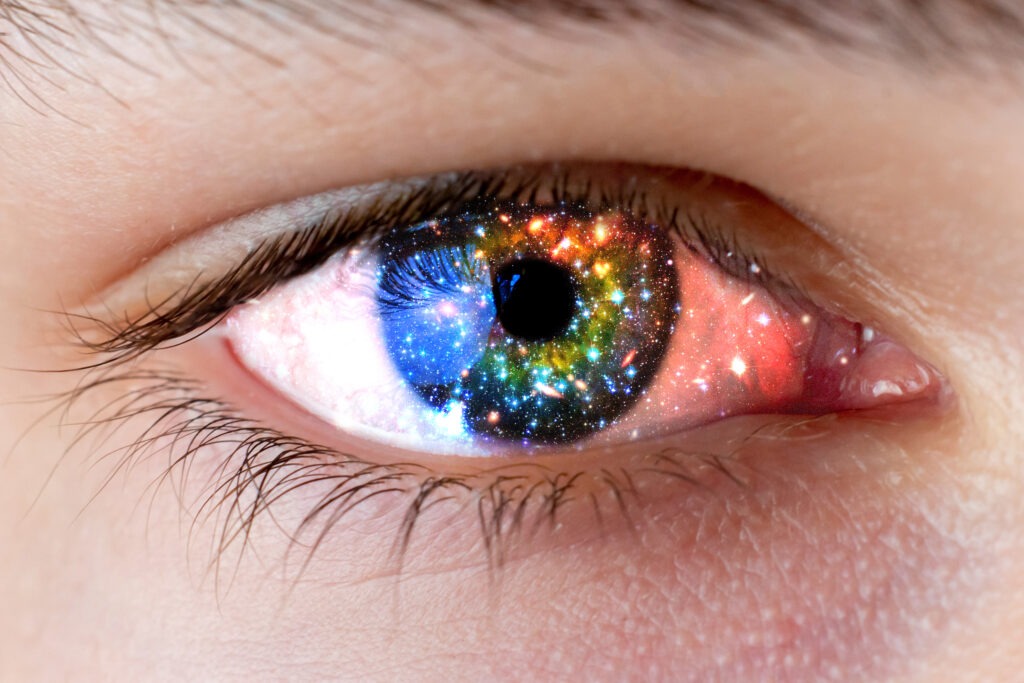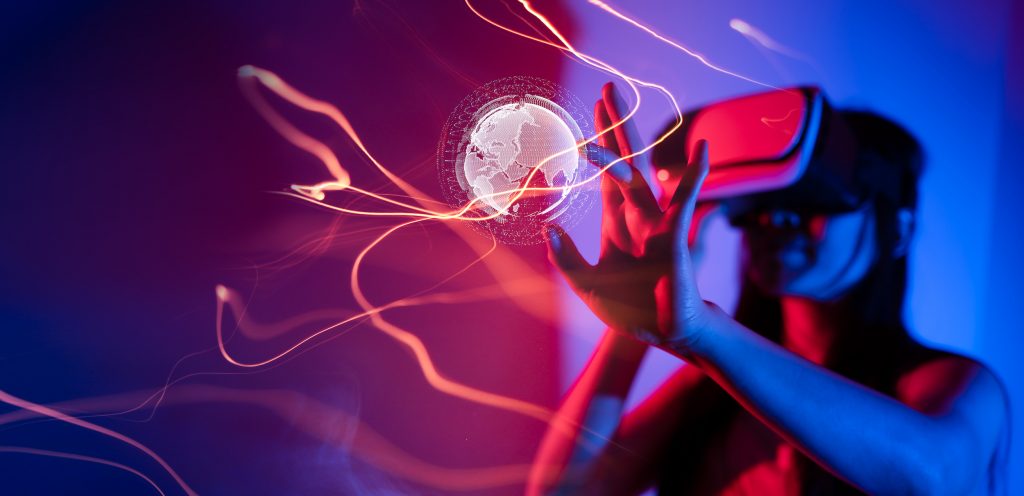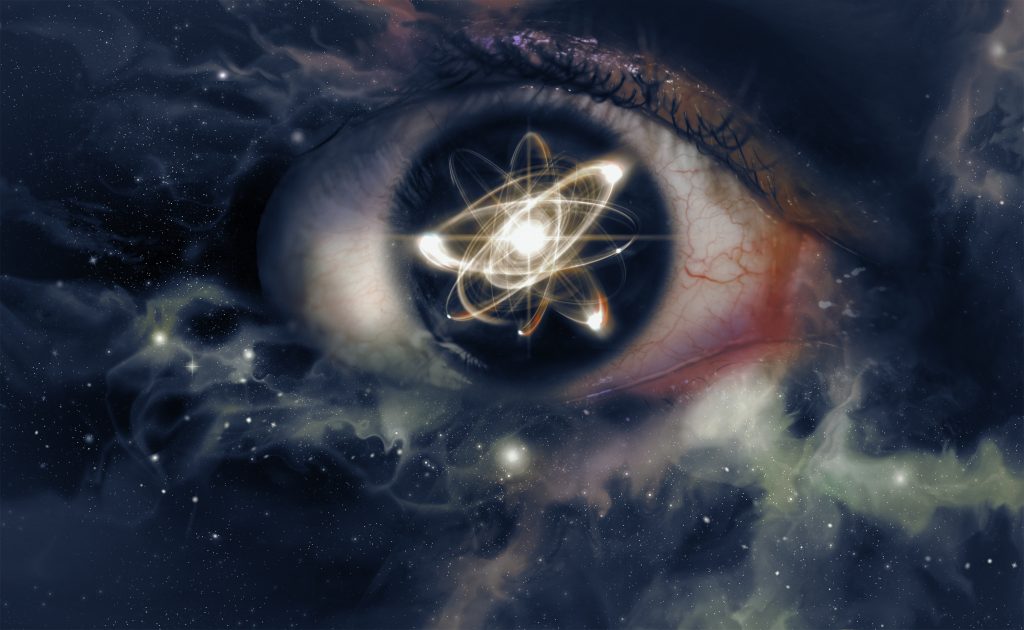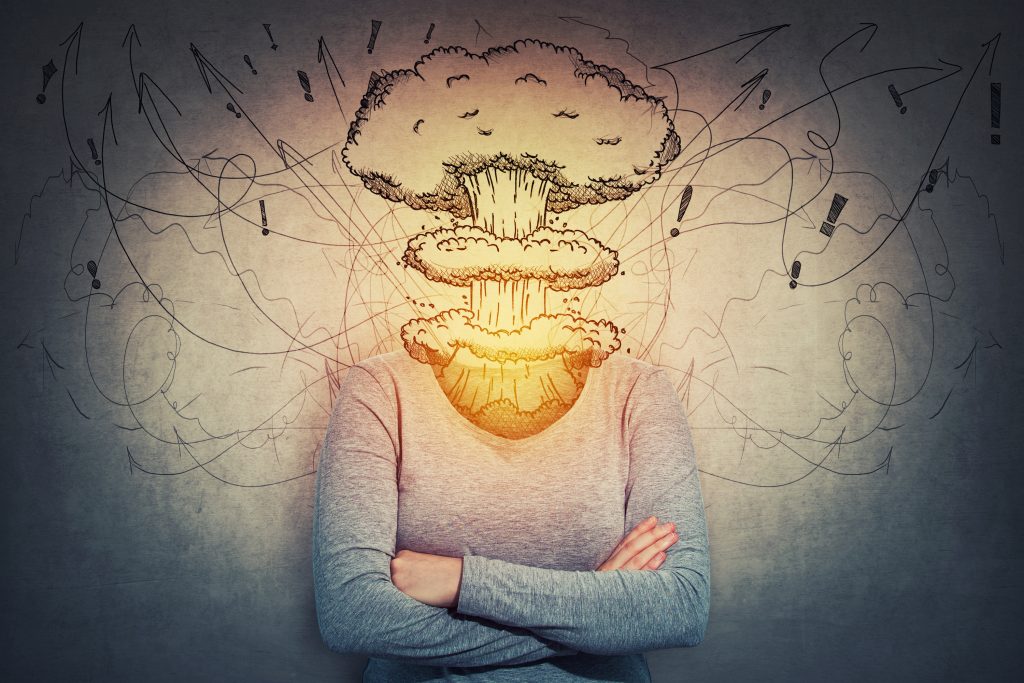A short introduction
Hans Busstra is a journalist and filmmaker. He holds a MA degree in International Relations (University of Groningen) and graduated in documentary filmmaking at the Dutch Film Academy in Amsterdam. He has worked for numerous public broadcasters in The Netherlands (VPRO, KRO, NCRV, EO) with a special focus on science and technology and his documentaries are being screened on international festivals and platforms such as IDFA, and Amazon Prime. His VPRO Backlight documentary ‘Zero Days’ on the legal trade in security leaks led to parliamentary questions in The Netherlands, and his investigation on how ISIS recruits online, ‘Cyberjihad’, was the Dutch submission to the Emmy Awards in 2017. In 2020 he made ‘Technology as a religion’, a critical documentary on the materialist assumptions of the proponents of conscious AI. The documentary featured interviews with Roger Penrose, James Lovelock and Bernardo Kastrup. As a follow up to this documentary he is currently working in collaboration with Essentia Foundation to research a new documentary on the potential of idealism to replace materialism as our mainstream worldview. His research findings will be published as articles and a podcast series on the Essentia Foundation platform.Publications:
The sapient cosmos: Where physics, psychedelics and shamanism meet
Hans Busstra interviews theoretical physicist and complexity scientist James Glattfelder on his new book: ‘The Sapient Cosmos: What a modern-day synthesis of science and philosophy teaches us about the emergence of information, consciousness, and meaning,’ published by Essentia Foundation. Glattfelder makes a plea for ‘syncretic idealism’: a worldview that synthesises ancient idealist texts and mystical experiences with physics, complexity science and analytic idealism.
A deep dive into quantum non-locality and its implications
Hans Busstra, together with Essentia Foundation’s research fellow, physicist Lidia Del Rio, talks to Prof. Sandu Popescu about quantum non-locality. Popescu is Professor of Physics at the University of Bristol and a Fellow of the Royal Society. He did pioneering work in what became the field of quantum information and has won both the John Stuart Bell Prize and the Dirac Medal.
Then I Am Myself The World: Dr. Christof Koch’s journey into psychedelics
Neuroscientist Dr. Christof Koch’s latest book has a title quoting the second act of the famous opera, Tristan und Isolde: “Then I Am Myself The World.” In this book Koch describes how he, during a psychedelic experience on 5-MeO-DMT, felt that he was one with the universe, which echoes the epic tale by Wagner. Essentia Foundation’s Hans Busstra interviewed Koch on his book, his psychedelic trip and, of course, Integrated Information Theory (IIT), the scientific theory of consciousness Christof Koch and Gulio Tononi are famous for.
Quantum fields are conscious, says the inventor of the microprocessor
CPU inventor and physicist Federico Faggin, together with Prof. Giacomo Mauro D’Ariano, proposes that consciousness is not an emergent property of the brain, but a fundamental aspect of reality itself: quantum fields are conscious and have free will. In this theory, our physical body is a quantum-classical ‘machine,’ operated by free will decisions of quantum fields. Faggin calls the theory ‘Quantum Information Panpsychism’ (QIP) and claims that it can give us testable predictions in the near future. If the theory is correct, it not only will be the most accurate theory of consciousness, it will also solve mysteries around the interpretation of quantum mechanics.
They ‘told’ cancer to stop, and it did: The science and philosophical implications of bioelectric fields
‘Talking’ to cells without influencing genes or molecules: it can be done by influencing bioelectric fields. By manipulating the bioelectric fields in organisms like planaria and tadpoles, Prof. Michael Levin has shown how eyes and other organs can grow in unconventional locations, how planaria can be ‘told’ to grow two heads, and perhaps most importantly: how cancer cells can be ‘told’ to stop growing in frogs. These promising experiments might lead to groundbreaking new therapeutics. The importance of the pioneering empirical work of Prof. Michael Levin at Tufts University, on the intersection of bioelectricity, regeneration, and cognition, can hardly be overstated. Philosophically, his work has deep implications for how we think about evolution, cognition and consciousness.
The beauty of bacteria: Discover the universe inside you
Inside you there is a largely unexplored universe of 100 trillion bacteria. In this documentary, we embark on a journey into this microcosmos to discover the beauty and complexity of life’s origin on the nanoscale. In 2023 Essentia Foundation’s Hans Busstra created a documentary about bacteria that depicts our common ancestor in a never-before-seen manner. With the world’s leading artists in microscopy, like micro-photographer Wim van Egmond, SEM microscopist Jan Dijksterhuis, and a molecular cell biologist and his team at Digizyme Inc., he embarked on a unique mission: to capture the first moving images of a single bacterium at the molecular scale.
What bacteria taught me about metaphysics
Documentary filmmaker Hans Busstra shares with us, with the aid of amazing and scientifically accurate animations of the molecular world, the background story of his journey from imaging the hardcore science of molecular biology to the fundamental insights of metaphysics.
The end of physics as we know it?
Prof. Dr. Caslav Brukner, Prof. Dr. Renato Renner and Dr. Eric Cavalcanti just won the Paul Ehrenfest Best Paper Award for Quantum Foundations. Their different no-go theorems make us reconsider the fundamental nature of reality. Bell’s theorem in quantum mechanics already confronted us with the fact that locality and ‘physical realism,’ in the sense that particles have predetermined physical properties prior to measurement, cannot both be true. But in certain variations of the Wigner’s Friend thought experiment an additional metaphysical assumption is now also put in question: the absoluteness of facts. In different words: can we safely assume that a measurement outcome for one observer is a measurement for all observers?
Intelligence witnessed the Big Bang
Could it be a coincidence that two founding fathers of modern day computing, independently from each other, are both coming with theories of consciousness that are idealist in nature? Or does a deep understanding of what computation is—and what it is not—inevitably lead away from physicalist ideas on consciousness?
Enter Experimental Metaphysics
Essentia Foundation’s Hans Busstra visited Vienna to attend a conference on the foundations of quantum mechanics, and interview physicists on the metaphysical implications of quantum mechanics. In this essay, he argues that what is called ‘experimental metaphysics’ might be at the heart of future progress in physics, and that philosophy and physics are moving closer together.
Can we be both rational and spiritual? Prof. John Vervaeke on solutions to the meaning crisis
Hans Busstra sat down with John Vervaeke to discuss the meaning crisis, the Zombie myth we’re in, and how it all relates to what Vervaeke calls “rabbit hole metaphysics”: the conspiratorial, outlandish and often absurd ideas people start believing in, in search of meaning. A characteristic of rabbit hole types of metaphysics is that they have a ‘thick’ description of reality: a constellation of ungrounded assumptions build up to a ‘once you get this, there’s no way back’ narrative, which repeats itself in online echo-chambers.
Discussing quantum consciousness with world’s greatest minds: Penrose vs Faggin vs Kastrup
Two giants of science and technology—Nobel Laureate in physics, Sir Roger Penrose, and inventor of the microprocessor, Federico Faggin—meet to discuss their ideas on the relationship between Quantum Physics and consciousness, with the special participation of our own Bernardo Kastrup. While always respectful and congenial, the participants don’t shy away from disagreements. Their starting difference regards Quantum Theory itself: while Federico Faggin and Bernardo Kastrup allow its implications to inform their views, Sir Roger Penrose believes the theory itself to be at least incomplete and require further development. The discussion helps pin down and make explicit the fine points of the three gentlemen’s respective ideas regarding consciousness.
Computer scientists don’t truly understand this
Bernardo Kastrup argues why the idea of conscious AI, though we cannot refute it categorically, is silly. This has a lot to do with the fact that most computer scientists are power users of computers but they’ve never built a computer themselves. If they had, they would be familiar with the nuts and bolts, and they would understand that the idea of microscopic transistors becoming conscious is not that different than proposing that a sufficiently complex sewage system—consisting of water pipes and valves—would become conscious.
Quantum fields are consciousness: A groundbreaking new theory by the inventor of the microprocessor
A new groundbreaking theory on consciousness proposes that qualia — for instance, the scent of a rose — reside in quantum fields. Federico Faggin is one of the greatest luminaries of high technology alive today. A physicist by education, he is the inventor of the microprocessor and the MOS silicon gate technology, both of which underlie the modern world’s entire information technology. With the knowledge and experience of a lifetime in cutting-edge fields, Federico now turns his attention to consciousness and the nature of reality, sharing with us his profound insights on the classical and quantum worlds, artificial intelligence, life and the human mind. In this discussion, he elaborates on an idealist model of reality, produced after years of careful thought and direct experience, according to which nature’s most fundamental level is that of consciousness as a quantum phenomenon, while the classical physical world consists merely of evocative symbols of a deeper reality.
What happens to consciousness when clocks stop?
Hans Busstra sat down with Bernard Carr and Bernardo Kastrup to discuss all presentations given at our ‘Time and Mind’ conference and elaborate further on their own ideas. For instance, both Carr and Kastrup agree that, if you take an idealist perspective, you need multiple time dimensions to account for the decomposition problem: the mechanism by which consciousness with a big ‘C’ resolves itself into consciousness with a small ‘c’.
Superpowers may be real and science needs to study them
What if the humanities would open their horizon to more metaphysical possibilities? Prof. Kripal has written a book about a future in which the humanities study the full human. In these superhumanities, the weird, the psi—in short, the impossible—is taken seriously metaphysically: anomalous phenomena are not only regarded as subjective truths, but also as objective claims about reality.
UAPs, NDEs, and foundations of physics: it all makes sense under Idealism
Only a form of objective idealism can account for UAPs, NDEs, and the latest discoveries in foundations of physics and the neuroscience of consciousness, while remaining consistent with the whole of science and rational inquiry. Learn more in this discussion between Hans Busstra and Bernardo Kastrup.
God’s dark side: A review of Jung’s ‘Answer to Job’
As part of our book club on YouTube, Hans Busstra has made a book review of ‘Answer to Job’ by Carl Gustav Jung. Regarded by Jung as his most important work, Answer to Job is a tour de force in which classical Christian doctrine is turned upside down: Jung argued that the incarnation of Christ was not to redeem humanity for its sins against God, but to redeem God for his sin against Job.
The heart and the mind: Our founding story
The Essentia Foundation’s origin story is the story of Dutch entrepreneur and humanitarian Fred Matser meeting philosopher Bernardo Kastrup. In this video, Hans Busstra narrates how the meeting of these two men stands for the connection between heart and mind, a connection that forms the basis of Essentia Foundation’s work.
The meaning of life, beyond the false free will vs determinism dichotomy
In this video, Bernardo shares with Hans his view that the free will vs determinism debate misses the point, because fundamentally there is no distinction between nature’s will and what nature is necessitated to do. If you can accept that, on a personal level, you don’t have free will, you realize that you are being ‘played’ by a universe that—due to computational irreducibility—cannot ‘see’ where it’s going before it goes. Instead of suffering as an effect of ‘bad’ free will decisions by human agents, suffering becomes part of the inevitable evolution of the universe.
The 10 books that will make it hard to believe in a physical universe
Hans and Bernardo discuss the 10 books that make it very hard to still believe in a fundamentally physical universe!
The danger of Idealism: A broad conversation with Bernardo Kastrup
A conversation ranging from the consciousness of bacteria, to our minds being ‘time traveling machines,’ to Hans asking Bernardo if Eve performed the first quantum measurement when she ate the apple. Also: why is meditation, literally speaking, an egoistic thing to do? Did Job suffer more than Jesus? And, this one is personal for Bernardo: what is the real danger of idealism if life hits you really hard?
Model collapse in the psychedelic realm
Psychedelic experiences collapse our model of reality and thereby contradict materialism, argue Hans Busstra and Jussi Jylkkä, PhD, in this fascinating video essay.
The dizzying free fall of Quantum Bayesianism
In conversation with Prof. Christopher A. Fuchs, Essentia Foundation’s Hans Busstra explores QBism: an interpretation of quantum mechanics that puts the agent right at the centre. It suggests that pure experience is fundamental in nature.
The physics of first-person perspective: An introduction
An informal chat between Dr. Markus Müller (IQOIQ-Vienna, Austrian Academy of Sciences), Dr. Bernardo Kastrup and Hans Busstra (Essentia Foundation), recorded just after the online conference “The physics of first-person perspective.” The conversation provides a tantalizing preview of the themes discussed in the conference, as well as their relevance to how we view the nature of reality.
Spacetime is just a headset: An interview with Donald Hoffman
Prof. Donald Hoffman talks to Essentia Foundation’s Hans Busstra about his theory of conscious agents, according to which space and time are cognitive constructs in consciousness, not an objective scaffolding of the world outside. The interview also touches on Prof. Hoffman’s personal history and life, bringing the warmth of his humanity to the academic rigor of his theories.
The Collapse
Hans Busstra and his guest, Dr. Markus Müller, make Quantum Mechanics intuitively understandable, while remaining true to it. They argue that we must start from a first-person perspective and predict what we will see next, as opposed to the metaphysical presupposition of an external, objective physical universe with standalone existence. If truly understood, as this episode attempts to help you do, his views are as compelling as its implications are world-changing.
Reality Reminded, a podcast like no other!
We’re launching the Reality Reminded podcast, with acclaimed Dutch documentary filmmaker Hans Busstra. Could it be that we have ‘un’minded reality and now need to ‘re’mind it? This is a show like no other, in that each episode covers a specific theme, as opposed to a specific interviewee; the listening experience has an almost visual feel to it; and the content covered is more akin to an ongoing television documentary than a podcast. And best of all, it’s all FREE.
This ‘zero-worlds’ theory might just be crazy enough to be true
Journalist Hans Busstra interviews physicist Dr. Markus Müller on his so-called ‘zero-worlds’ theory, which was not meant as a proof of idealism, but does ‘give you idealism for free.’
What’s out there when our brains quit telling us stories?
If the reality we think we inhabit is but a story confabulated by the brain’s ‘default mode network,’ what is the world ‘out there,’ and the self ‘in here,’ when the inner storytelling is subdued through meditation?
The flip, and the flipped: leaving materialism behind. An interview with Jeffrey J. Kripal.
Journalist and documentary filmmaker Hans Busstra interviews Prof. Jeffrey J. Kripal on ‘the flip’: the sudden change of worldview away from the materialist paradigm that is increasingly experienced by scientists, scholars and academics the world over.
Let us build the future of our culture together
Essentia Foundation is a registered non-profit committed to making its content as accessible as possible. Therefore, we depend on contributions from people like you to continue to do our work. There are many ways to contribute.







